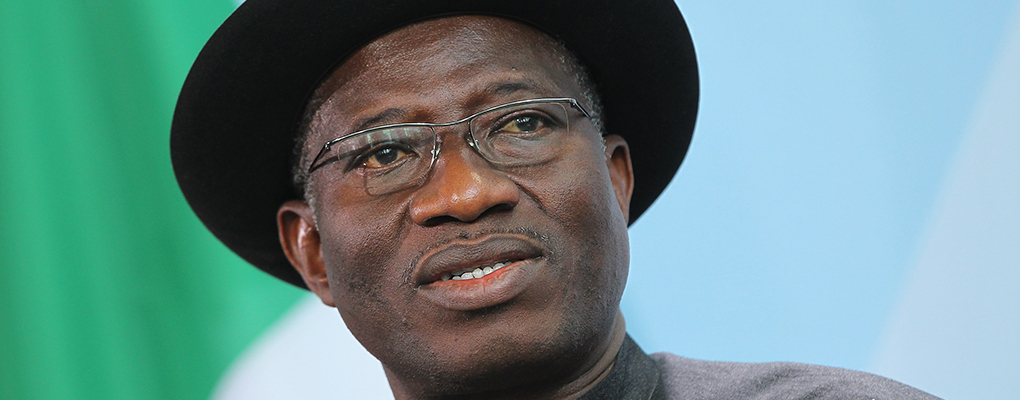
Slumping oil prices have left Nigeria’s finance minister Ngozi Ikonjo-Iweala with no option but to slash the country’s 2015 budget by $3bn, while also forcing the government to reset its expectations of what the economy will achieve in the coming year. With oil-related revenues responsible for more than 75 percent of the government’s balance sheet and 95 percent of foreign reserves, the finance minister announced that GDP growth will come in at a lower rate than previously stated.
The country could face further problems if the price of oil falls short of its predictions for 2015
Less than two months ahead of a February 14 presidential election, the revision comes at a less-than-ideal time for President Goodluck Jonathan, who is preparing for one of the most closely contested elections in the country’s history. The revision means that government spending should total $23.3bn, however, the country could face further problems if the price of oil falls short of its predictions for 2015.
“This budget is based on a few key indicators, $65 a barrel benchmark and we are going to stick to it for now, in spite of the decline in prices, because we feel the average price next year will be around $65 to $70”, said Okonjo-Iweala. “The production level is 2.27 million barrels per day. We’ve revised the growth rate based on the new parameters for the country, down from 6.35 percent to 5.5 percent next year. But that is still one of the fastest growth rates we’re experiencing in the world today.”
Although the country has taken pains to diversify away from oil, the fact remains that the West African economy is dangerously exposed to any sudden price shocks, and with the commodity having lost almost half of its value in 2014, Nigeria’s outlook has taken a turn for the worse.
The government has stressed repeatedly that those concerned should take comfort from a thriving non-oil sector, which the Director-General of the Budget Office of the Federation, Bright Okogu, said was responsible for 86 percent of growth after the country’s rebasing. No doubt, this focus on the non-oil sector is something that will feature heavily in the weeks to come, as the president looks to secure a greater number of votes come February.


